
Herbs can be helpful for reducing the symptoms of Crohn's disease, such as diarrhea, abdominal pain, and fatigue. They can also help you manage your condition and improve your overall health.
Herbs can be especially helpful during flare-ups. They can calm the immune system and reduce inflammation. They can also help relieve stress and anxiety.
Diarrhea
Herbs can be used to reduce the symptoms of Crohn's disease. Some herbs, such as peppermint, aloe vera juice, chamomile, and slippery elm bark can help ease the pain and discomfort that are often associated with Crohn's.
Herbal remedies can also be beneficial in reducing the frequency of flare-ups. However, you should always speak with your doctor before using any herbs or plant-based products.
Diarrhea is one of the most common symptoms of inflammatory bowel disease (IBD). It can be a major problem that interferes with your daily activities and affects your health in a variety of ways.
It may be accompanied by fever, nausea, abdominal pain and weight loss. It is rarely blood-stained but it can be a sign that you have anemia, which can cause fatigue and shortness of breath.
Symptoms of diarrhea can range from mild to severe, and will vary from person to person. It is important to see your doctor for any signs of bleeding, anemia, or dehydration.
Abdominal pain
Abdominal pain is a common symptom of Crohn's disease. It can be caused by many things, including gas and indigestion or ulcers in the stomach or intestines.
Chronic or severe abdominal pain, however, may be a sign of something more serious. If you have severe pain or bleeding in your stools, see a doctor right away.
Your doctor will check for signs of Crohn's with a blood test or stool sample. He or she may also perform a CT scan or upper endoscopy to look inside your bowel.
Herbs can be helpful for reducing the symptoms of Crohn's, especially if they help to ease inflammation in the digestive tract. However, you should talk with your doctor before taking any herbs or supplements.
There are several herbs that are believed to be safe for inflammatory bowel diseases. Some studies have found that wormwood and bromelain, for example, can be beneficial in relieving the symptoms of Crohn's.
Fatigue
People with Crohn's disease often suffer from fatigue. It can be a symptom or a side effect of treatment.
Studies have shown that up to 50% of patients with Crohn's disease or ulcerative colitis suffer from chronic fatigue. This symptom can be severe and a major cause of distress, notes Domilici.
She adds that it is important to recognize this symptom and work with a doctor to address it. This is because it can be a sign of depression and anxiety.
Fortunately, many herbs can help reduce the symptoms of Crohn's. Talk with your doctor or a dietitian to learn more about herbal remedies for Crohn's.
Herbs that have been shown to reduce inflammation in the intestines include curcumin, bromelain, and wormwood. The anti-inflammatory properties of these herbs can ease the symptoms of Crohn's disease.
A person can also improve their dietary intake of omega-3 fatty acids, which are found in fatty fish like salmon and mackerel. These fatty acids have been shown to help ease the symptoms of Crohn's disease, but it is best to check with your doctor before taking these supplements.
Weight loss
Crohn's disease can cause a lot of discomfort, especially during flare-ups. People often find they can't eat as much or as frequently to keep symptoms at bay, which can lead to weight loss and malnutrition.
Herbs are a natural way to help reduce the symptoms of Crohn's disease and improve overall health. However, they should be used with caution and under the supervision of a doctor.
Some herbs can also ease the inflammation that Crohn's causes in the intestines. For example, marshmallow root (Ulmus fulva) can soothe tissues and protect the lining of the stomach.
Essential oils, such as lavender (Lavandula officinalis) and patchouli oil (Potassium cypressorium), may also help reduce inflammation. They also have antibacterial properties.
Frequently Asked Questions
Which plant has antibiotic and wound-healing properties?
People often ask about plants that have medicinal uses. Some of these include aloe vera, eucalyptus, chamomile, and lavender. If you're wondering why there aren't any plants used for cleaning and disinfecting purposes, it's because most plants have toxic qualities.
The reason why we use herbs for medicine is that they contain compounds that stimulate our immune system. This means that they help us fight infections and heal wounds.
Some plants also have anti-inflammatory properties. These include ginger, turmeric, and mint.
Herbs such as basil, fennel, marigold, and oregano are great for cleansing the body.
There are even some plants that help prevent cancer. Research shows that black raspberries may reduce the chances of developing breast cancer. The same goes for broccoli. It can help prevent colon cancer.
Which herbs are healing herbs?
If you look for healing herbs, you won’t find them in the supermarket. There isn’t any place to buy them. There is no store selling them.
You haven’t been able to find healing herbs because they aren’t sold anywhere. They are grown right here in our backyard.
Healing herbs are plants that grow naturally in North America. Like many common household items, these herbs grow throughout the United States and Canada.
These herbs treat minor ailments such as colds, flu, sore throats, coughs, and headaches. Many of these herbs have been used for centuries to help heal wounds and promote overall health.
Of course, when we say “heal,” we mean more than simply treating an illness. We also refer to the ability of these herbs to restore balance and harmony within ourselves and the world around us.
For example, the chamomile herb helps relieve stress. This means that if you feel stressed out, you may benefit from taking chamomile tea. Chamomile tea has been shown to reduce anxiety and nervous tension.
In addition, chamomile tea has been proven effective in relieving insomnia.
Chamomile tea has many other benefits, including its ability to ease stomach aches and gas pains and even improve digestion.
Another popular healing herb is Echinacea. Echinacea is known for helping to fight infections and boosting the immune system.
Echinacea is commonly taken internally and externally to fight infection, prevent viral diseases, and boost immunity. It is safe to use during pregnancy and lactation.
Echinacea also helps reduce muscle pain and inflammation. You can take echinacea orally or topically (as an ointment).
This herb is available in both liquid and capsule form. Liquid echinacea is often mixed with honey and lemon juice. The mixture is then strained and consumed.
Capsules are usually made of freeze-dried plant material. They contain standardized amounts of active ingredients. To use capsules, swallow one or two a day.
The third type of herbal remedy is called tincture. Tinctures are alcoholic extracts of herbs. They are typically used to treat internal problems. Tinctures are generally diluted before being ingested.
Tinctures can be taken orally or applied topically. For oral consumption, dilute tinctures with water. Some people prefer to mix tinctures with food.
Tinctures are easy to prepare. Put about one tablespoon of dried herb into a bottle containing enough alcohol to cover the herb completely. Allow the mixture to sit for several weeks. Then strain and consume.
You may want to try some of these natural remedies to see which ones work best.
Is eating raw basil good for you?
I'm sure everyone knows that fresh herbs are great for cooking but did you know that you could eat them too? Raw, uncooked herbs are packed full of nutrients and vitamins that we normally have to cook.
They contain more antioxidants than any fruit or vegetable. And they also help our immune systems stay strong and healthy.
The best way to enjoy these delicious little green gems is to eat them raw from the garden. But there's nothing wrong with enjoying them cooked, either. They taste even better when sautéed in olive oil and served alongside pasta or rice.
There are lots of ways to incorporate raw herbs into recipes. Add them to salads, soups, sandwiches, wraps, omelets, stir-fries, and pesto.
Just make sure you wash them well first!
What plant helps with infection?
There are plants out there that help fight infections. Some even contain anti-bacterial properties. One of them is mint.
Mint has been used for centuries to treat respiratory infections such as cold symptoms and flu. Mint also supports digestion and relieves gas pains. You may find relief with peppermint tea if you have an upset stomach. Peppermint oil has antibacterial properties, which make it effective against germs.
Peppermint tea contains menthol, beta-carotene, vitamin C, calcium, magnesium, iron, and potassium. These nutrients support healthy immune systems and provide energy to keep your body strong.
You can make peppermint tea at home by adding one teaspoon of dried mint leaves to boiling water. Let steep for five minutes and drink hot three times per day.
Or you can buy peppermint tea bags at any grocery store. Simply add two teaspoons of dried mint leaves to a cup of hot water. Steep for 10 minutes and strain. Drink hot three times per day for best results.
What is the difference between "regular" and smoked paprika powder?
Regular Paprika Powder (Piment d'Espelette) is an essential ingredient for our recipes. We use it for its intense flavor and color. It's also used as a spice and seasoning agent. Smoked Paprika Powder (Paprika Chorizo) adds a smoky taste and aroma to dishes. Both types of Paprika Powder come from Spain, where they grow the best peppers in the world.
Smoked Paprika Powder (Chorizo Paprika) is made from red peppers, which are dried slowly in special ovens. This gives them a rich flavor. They are then ground and mixed with salt, garlic, and spices.
Regular Paprika Powder (Espelette Paprika) is made by grinding green bell peppers without additives.
What herbs should you take daily?
Depending on your health and wellness needs, many herbs can be taken daily to help improve your overall health.
Popular herbs for daily consumption include ashwagandha, turmeric, ginger, holy basil, chamomile, lavender, peppermint, and cayenne pepper. Ashwagandha is an adaptogenic herb that can help the body resist stress and anxiety. Turmeric is known for its anti-inflammatory properties, while ginger has been shown to aid digestion and boost immunity. Holy basil may help with managing blood sugar levels, as well as providing a calming effect. Chamomile can promote relaxation, while lavender is used in aromatherapy for its calming properties. Peppermint can help aid digestion and reduce nausea, while cayenne pepper has antibacterial properties that may boost your immunity.
As always, you must consult your doctor before taking herbs daily to ensure they are safe for you and do not interact with any other medications or herbs you may be taking.
There is no shortage of information on what foods we should eat and how much exercise we should do. But when it comes to what supplements we should take, there is a dearth of knowledge.
This is because most of us aren’t sure which ones work or which are junk. So we go online and look up whatever we can find.
But often, these articles are written by companies trying to promote their products. Which means they're usually biased toward their product.
So instead of finding unbiased advice, we end up reading marketing hype.
This makes sense since marketers make more money selling stuff than doctors.
The medical industry isn’t even allowed to advertise directly to consumers anymore. The best way to learn about natural remedies is to read independent reviews.
This is where you'll find real users sharing their experiences with each supplement. These sites give you an honest opinion of whether or not a particular herb helps.
Users will often share their experience with a supplement after taking it. This gives you a good idea of its effectiveness and any side effects.
You can also check out forums dedicated to herbalism. Here you can ask questions and receive answers based on personal experience.
Of course, there are plenty of other ways to learn about herbs.
There are books, websites, blogs, videos, podcasts, and classes. All of them provide valuable information about natural remedies.
Statistics
- The global herbs market is expected to reach more than $125 billion by the end of 2025.
- Herbs are among the most popular and widely used medicinal remedies. According to a survey conducted by the National Institutes of Health, herbs were used by over 38% of adults in the United States.
External Links
[TAG55]
- Ashwagandha | Memorial Sloan Kettering Cancer Center
- Grape Seed | Memorial Sloan Kettering Cancer Center
[TAG58]
[TAG60]
- Peppermint oil (Mintoil®) in the treatment of irritable bowel syndrome: A prospective, double-blind placebo-controlled randomized trial
- Curcumin reverses the effects of chronic stress on behavior, the HPA axis, BDNF expression, and phosphorylation of CREB
[TAG63]
How To
How to use herbs safely?
Many people think that herbs should only be used under medical supervision because they believe that some herbs are poisonous. However, this is not true.
Many herbs have long histories of safe use. For example, garlic has been used for thousands of years to fight infections. It's also been shown to lower cholesterol levels and reduce high blood pressure.
However, if you're pregnant or nursing, avoid taking certain herbs. You should also avoid them if you suffer from allergies or sensitivities to herbs.
You can do several things to ensure you get the best results from your herbs and supplements. First, always read labels before consuming anything containing herbs or spices. Second, take the lowest dose recommended on the label. Third, don't use more than one supplement at any given time. Fourth, talk to your doctor about how to combine specific herbs and supplements. Finally, keep track of your consumption to know whether you need to adjust your dosage.
Resources:
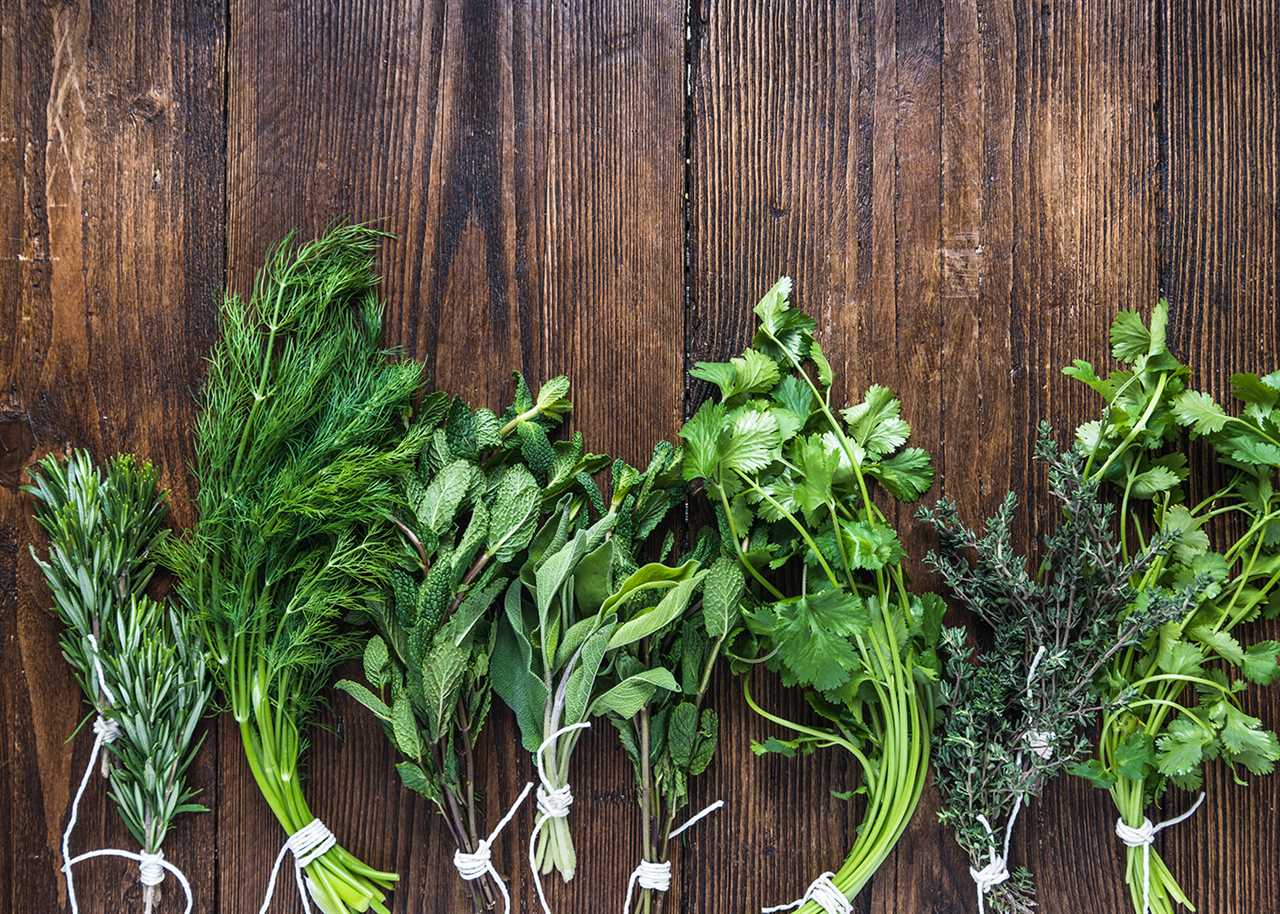 |
[TAG66]Mother in the Mountains: Picking Delicious Herbs for Soup, Country Life |
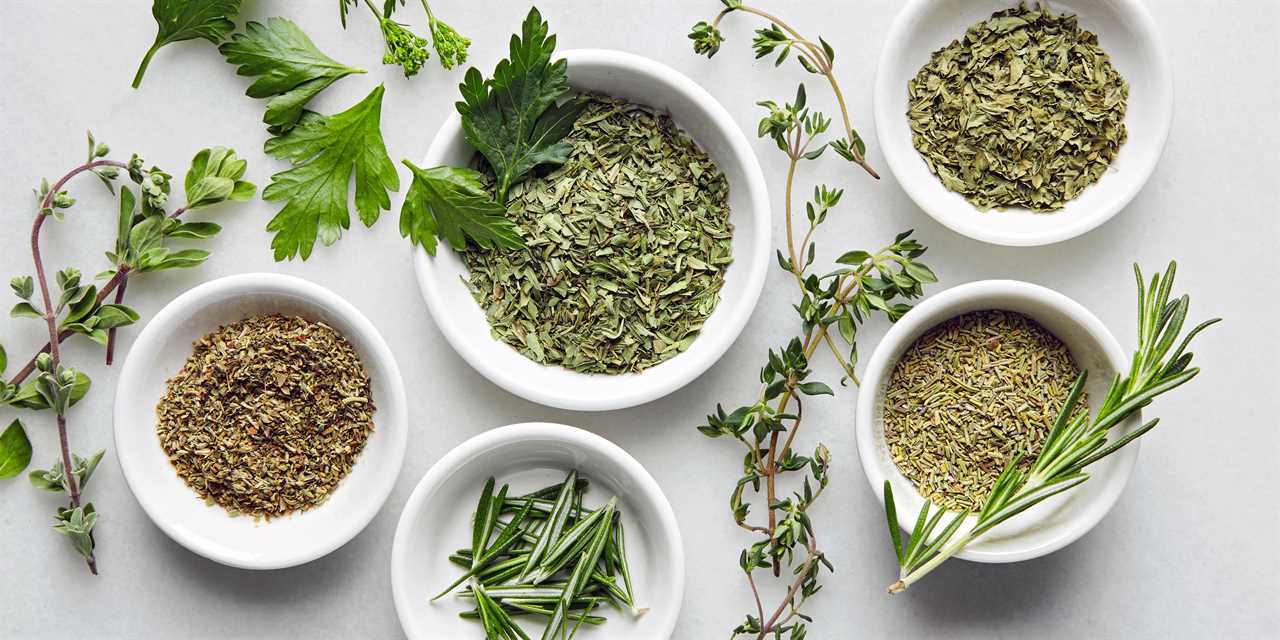 |
[TAG67]Herbs are a vital aspect of cooking, here is a quick guide to some herbs that are easily attainable. #GordonRamsay #Cooking Gordon Ramsay's Ultimate |
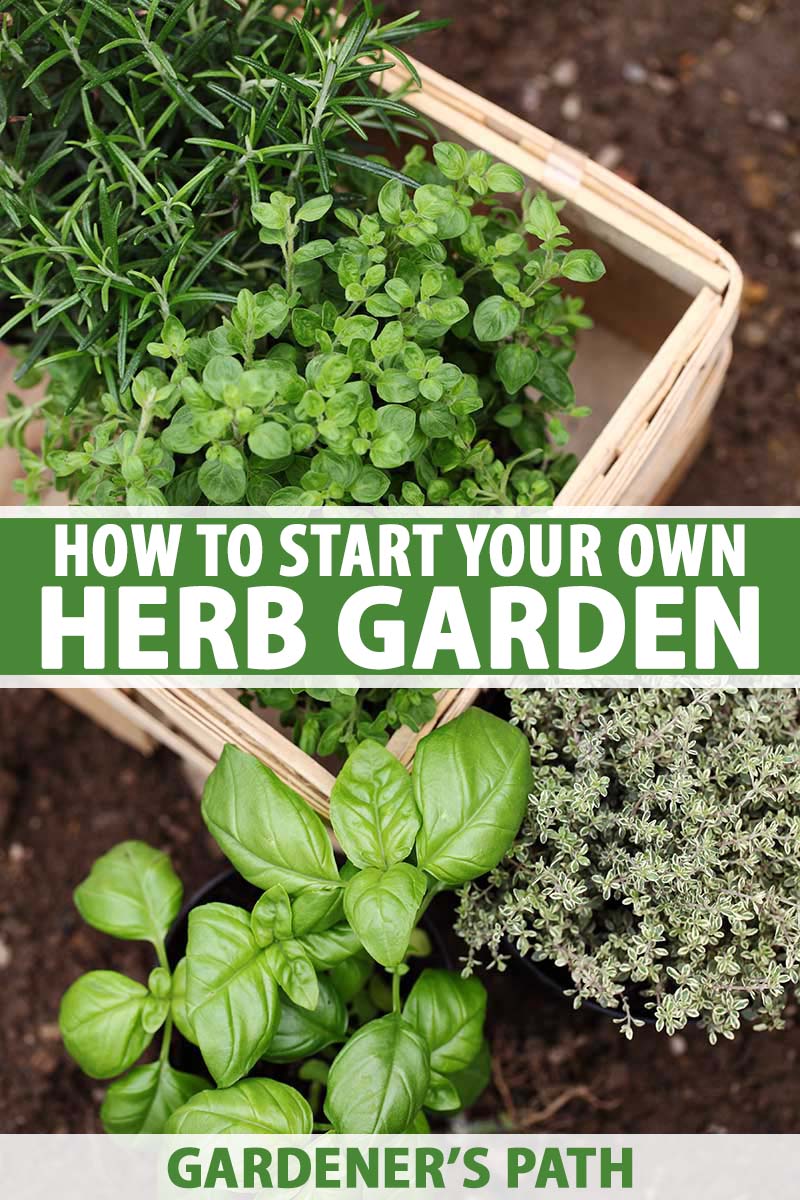 |
[TAG68]Lack of sunny garden spots got you down? We've got you covered! Here are 10 vegetables and herbs we've personally vetted will thrive - or at least tolerate - a |
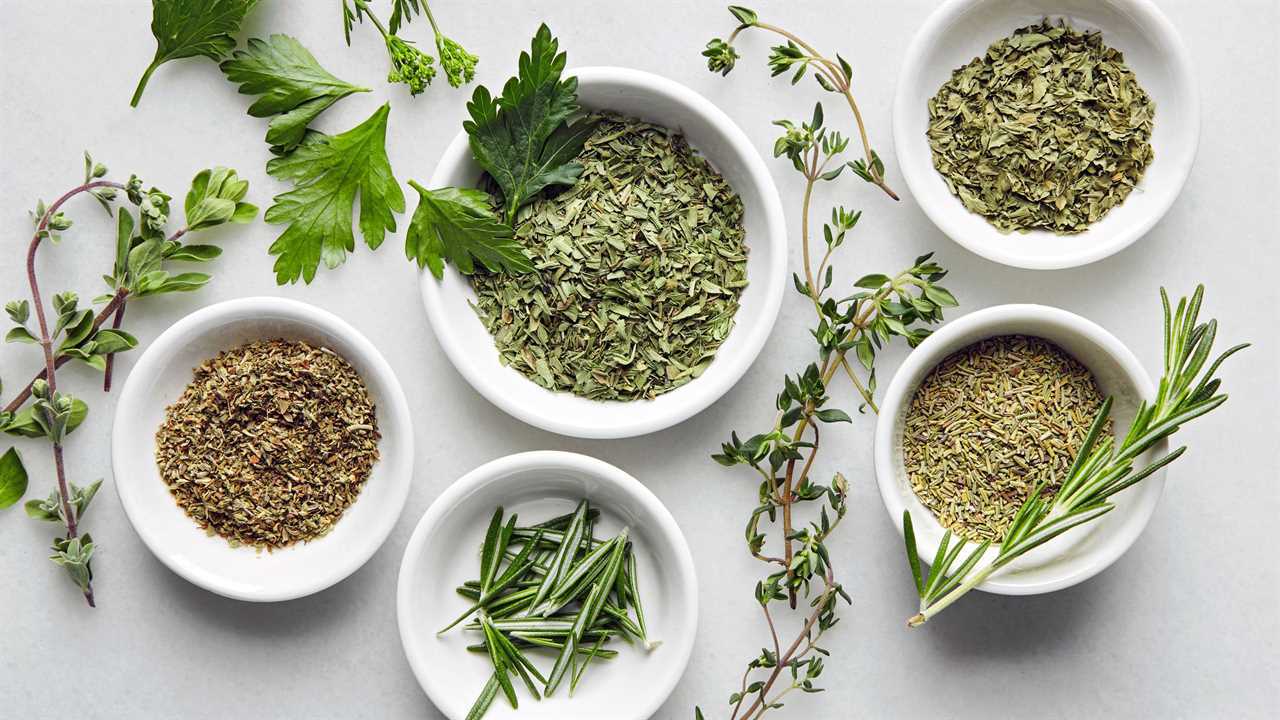 |
[TAG69]Please Visit The Rusted Garden Seed & Garden Shop:: https://www.therustedgarden.com/ The basics for getting transplant herbs into your containers. It is a |
 |
[TAG70]Dr Sebi Methodology to Cleanse (Detox) and Revitalize the Body Download Dr. Sebi's Nutrition Guide: http://bit.ly/DrSebiNutritionGuide Website To Order |
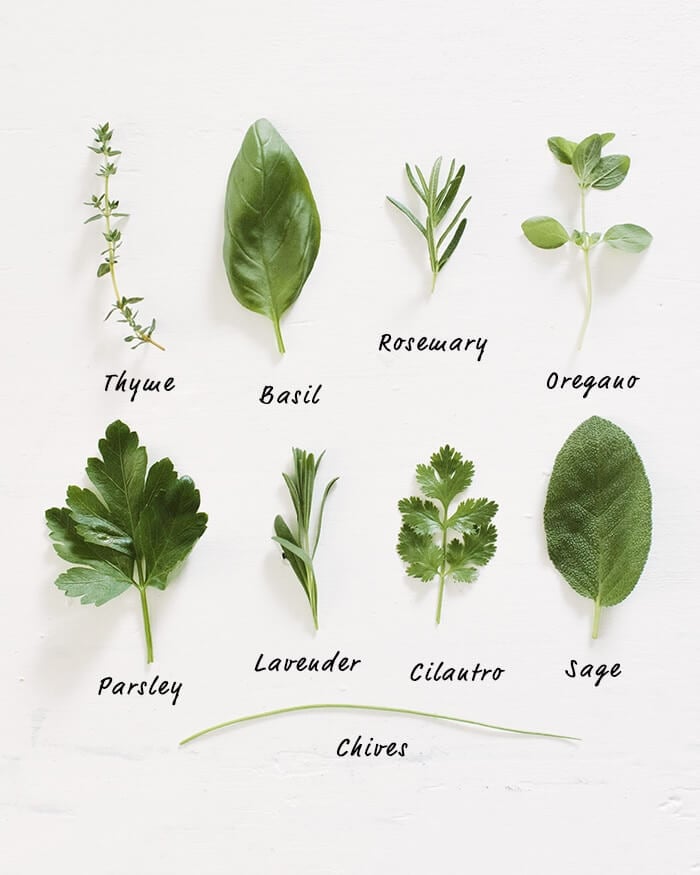 |
[TAG71]Salt Pepper and Herb Topped Chicken Crown This Chicken crown comes from Aldi and is topped with salt, pepper and herbs, all adding to the flavour of the |
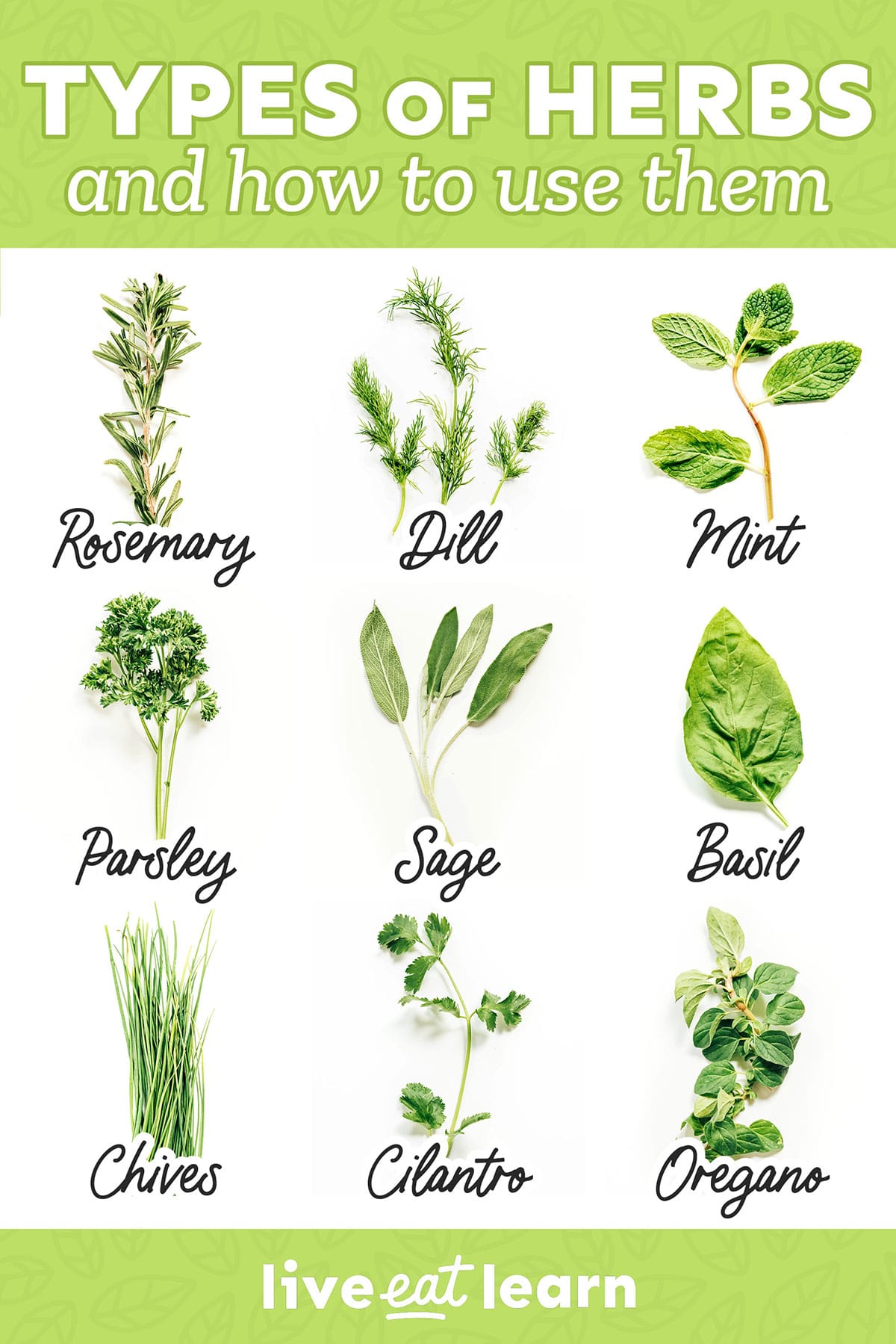 |
[TAG72]Today I want to try a new format and share a magickal profile of an herb - starting with mugwort! Mugwort is a beautiful magickal herb with rich connections to |
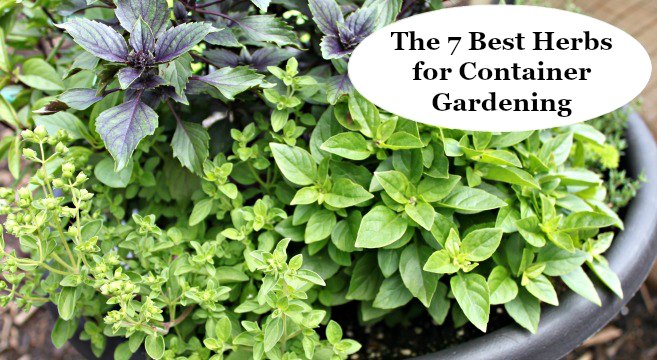 |
[TAG73]Dear friends, today we would like to share with you Harvesting and Drying Herbs for Teas and Cooking Easy Spring Dish video, we really hope you enjoy this |
 |
[TAG74]The use of herbal medicine has always been there with up to 80% of people worldwide relying on them for some part of primary healthcare. Dosage, regulations, |
 |
[TAG75]These 15 medicinal herbs are easy to grow at home! Join me for an herbal garden tour and learn which medicinal herbs and their uses I'm growing for use all |
 |
[TAG76]The body reacts to dehydration by stimulating the thirst center, a powerful urge to drink fluids. However, if water intake does not match the amount.. |
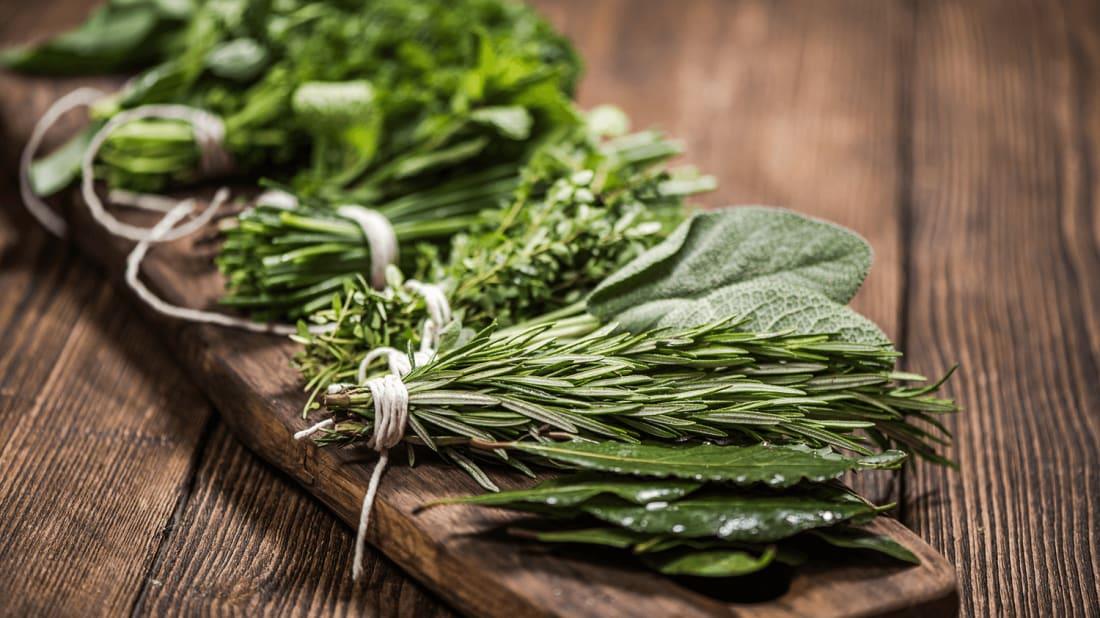 |
[TAG77]Learn herbs from respected professional herbalists offering world-class herbalist training. The NEW Professional Herbalist Course includes courses on over 600 |
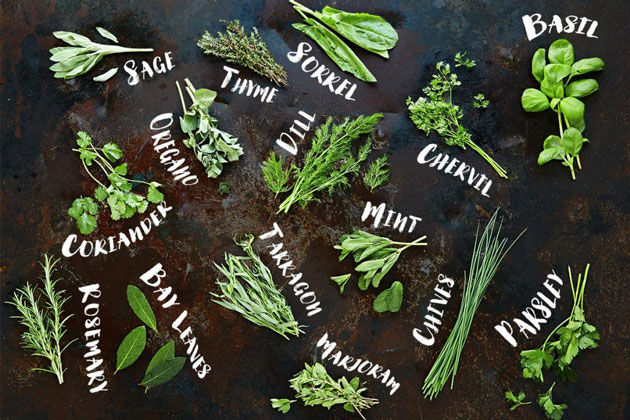 |
[TAG78]Turmeric is one of the best natural remedies available for many ailments, from arthritis to cancer. Its properties are known for its powerful.. |
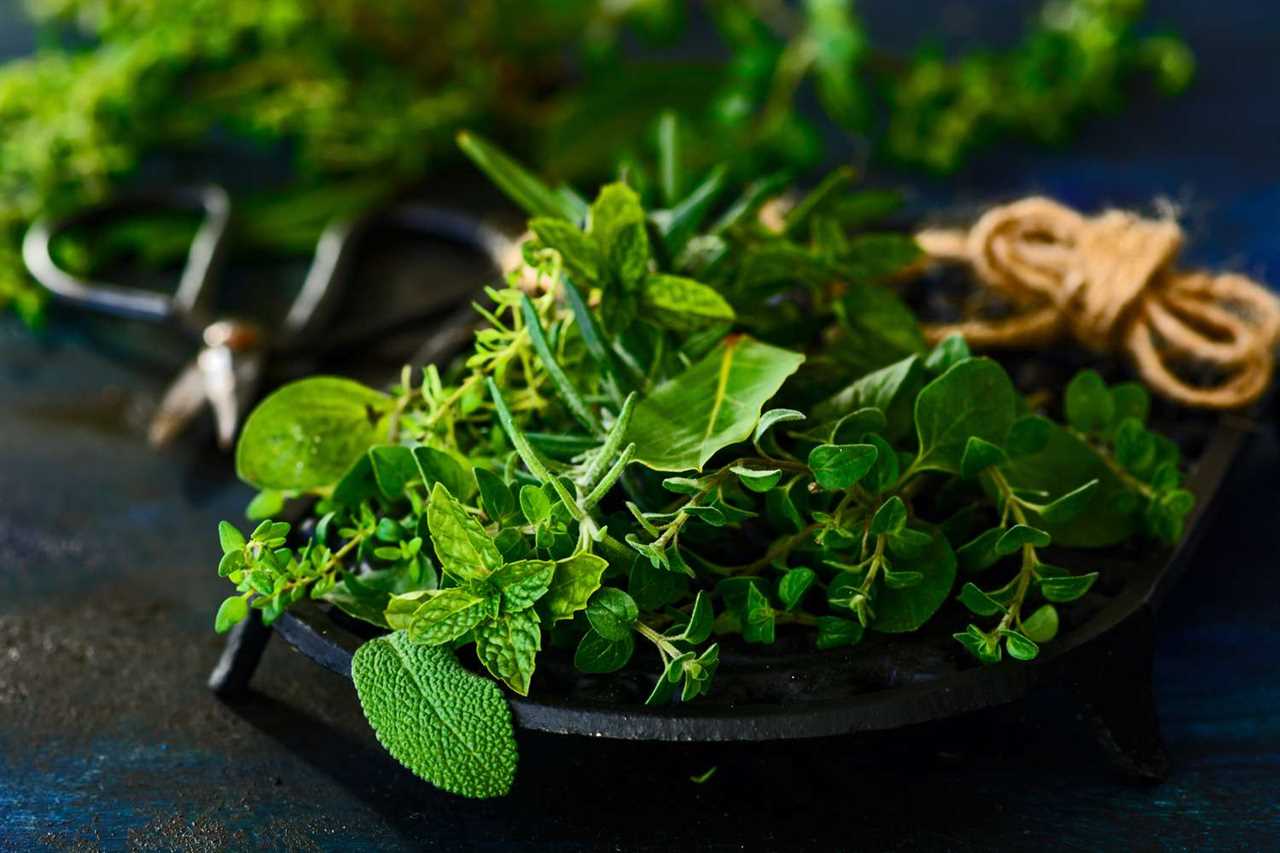 |
[TAG79]Slippery elm is native to eastern North America and has numerous uses, including the treatment of GERD and irritable bowel syndrome. However,.. |
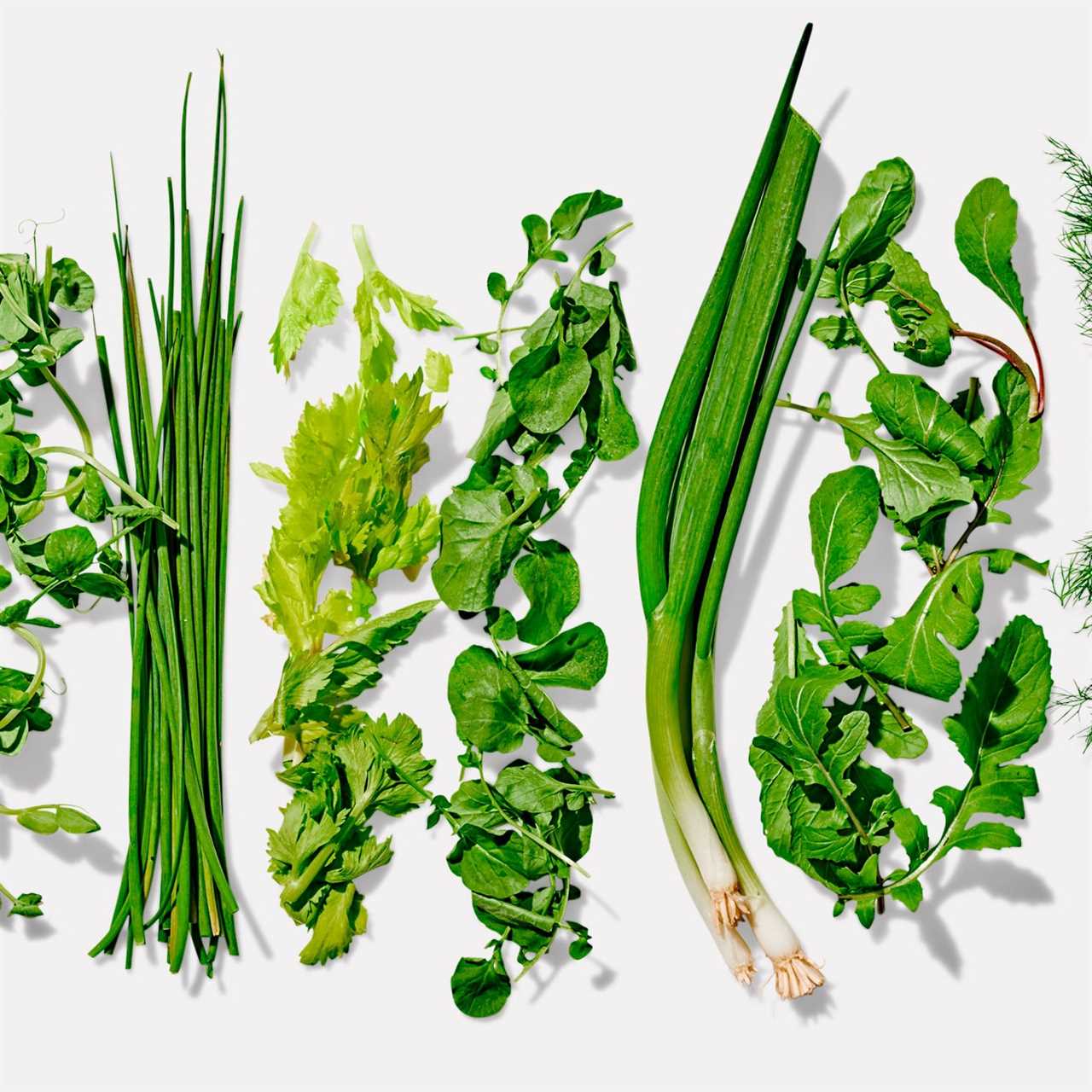 |
[TAG80]Dill is an annual herb in the celery family Apiaceae. It is the sole species of the genus Anethum and is widely cultivated in Eurasia. The herb is.. |
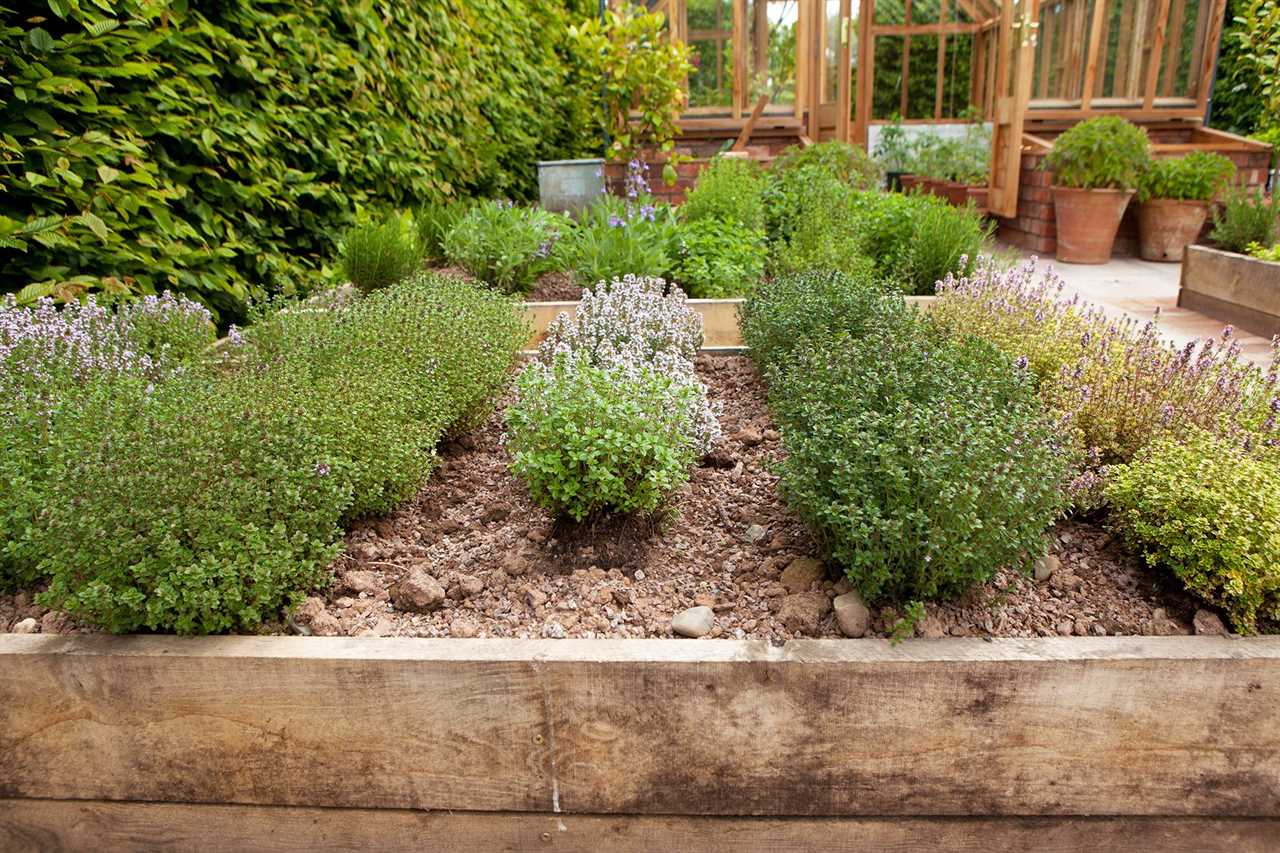 |
[TAG81]Licorice is a flowering plant of the bean family, Fabaceae, and it is used as a sweetening agent. The root of Glycyrrhiza glabra is extracted for its |
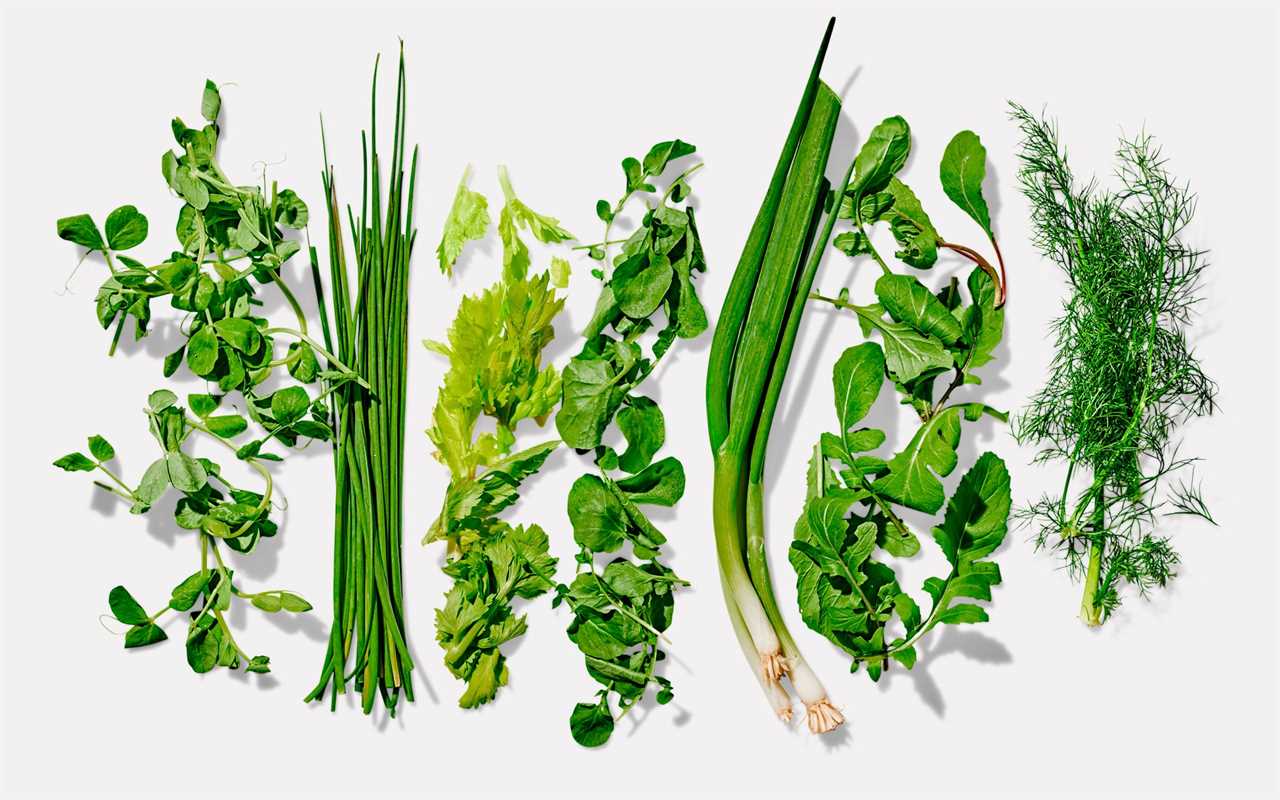 |
[TAG82]Whether you're trying to lose weight or simply feel better, green tea is a great way to get the benefits you're looking for. It contains catechins.. |
 |
[TAG83]To properly chop fresh herbs, you should purchase them in a deep green color and smell fresh. You should then wash them well under running water and.. |
 |
[TAG84]If you're looking for a recipe for seasoned baby potatoes, you've come to the right place. Learn how to make seasoned potatoes with herbs and spices, |
 |
[TAG85]Before using Italian parsley, rinse it thoroughly under cool water. This will help remove any dirt or dust that may be attached to the leaves. Wrap.. |
 |
[TAG86]Herbal teas are made from the infusion of plants and other plant materials. They are also known as herbal infusions or tisanes. Although there are.. |
 |
[TAG87]There are many things to know when growing herbs in pots. The growing conditions, Containers, Soil amendments and watering are just a few of the.. |
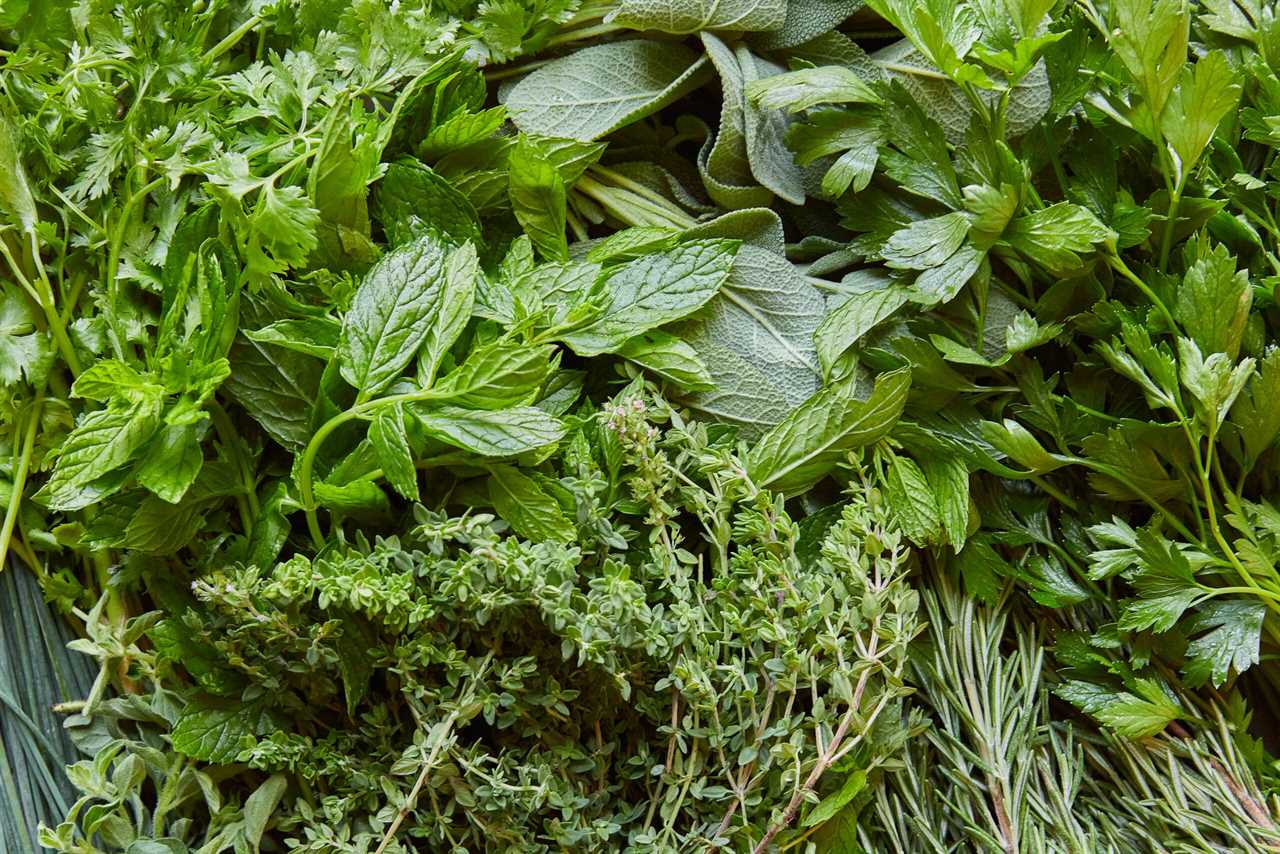 |
[TAG88]If you have ever wanted to have an herb garden, it is important to know that there are several important factors to keep in mind. Herbs require good.. |
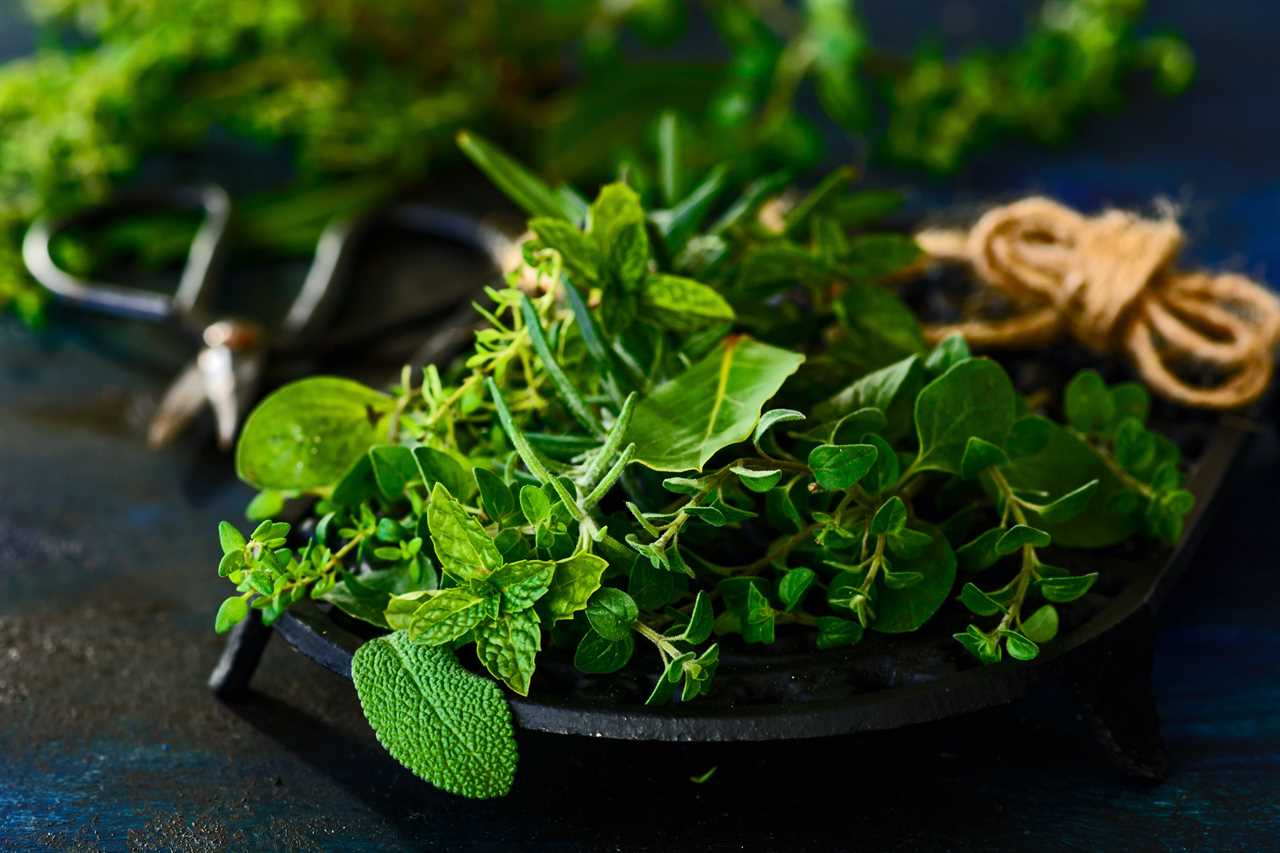 |
[TAG89]Find out more about herbs and how to use them |
 |
[TAG90]There are many advantages to substituting dried herbs for fresh. They are cheaper, more potent, and less dusty. These are the reasons that I prefer.. |
 |
[TAG91]If you want to make a recipe without parsley, try using cilantro, dill, oregano, or sage instead. They are all delicious substitutes for dried.. |
 |
[TAG92]There are several types of herbs that grow in water. These include Cilantro, Thyme, Oregano, and Lavender. Here are some tips to help you grow these.. |
 |
[TAG93]If you're in Zone 4 and are looking for perennial herbs, lemongrass and thyme are great choices. These plants thrive in cooler climates and can be.. |
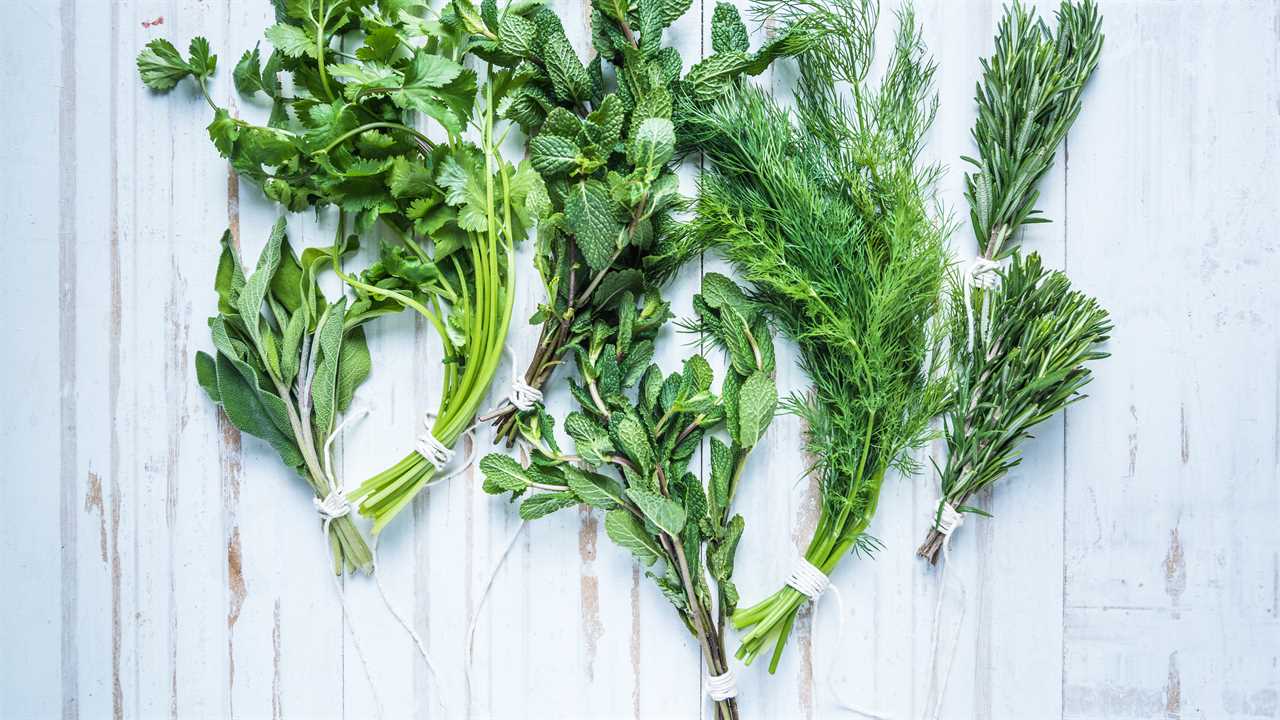 |
[TAG94]A mint plant is a great choice for a water garden or small water feature. They have light lavender flowers, dark green leaves with purplish veining,.. |
 |
[TAG95]The use of medicine from plants has long been an essential part of traditional Chinese medicine. This ancient practice involved a wide range of plant |
 |
[TAG96]Ayurveda is an alternative medicine with historical roots in the Indian subcontinent. While its theory is considered pseudoscientific, it is still.. |
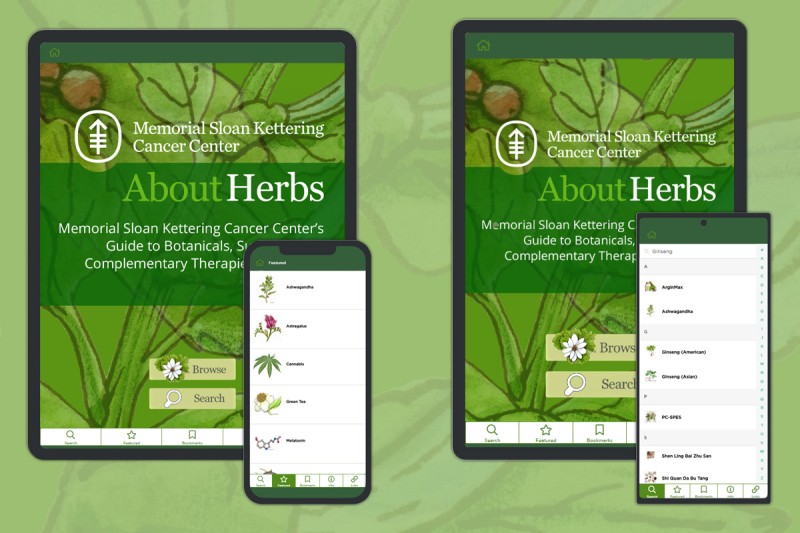 |
[TAG97]Growing herbs indoors has a number of benefits, including increased yield and reduced watering. It can also be beneficial for people who are.. |
 |
[TAG98]Magnesium is an important mineral that plays an essential role in heart, brain, and musculoskeletal health. Since magnesium is required ... Read more |
 |
[TAG99]Citrus bergamot and red yeast rice are two herbs compared to each other due largely to their potential to reduce ... Read more |
 |
[TAG100]Citrus bergamot and bitter orange are both popular herbs with health benefits for metabolism and weight loss. However, they both ... Read more |
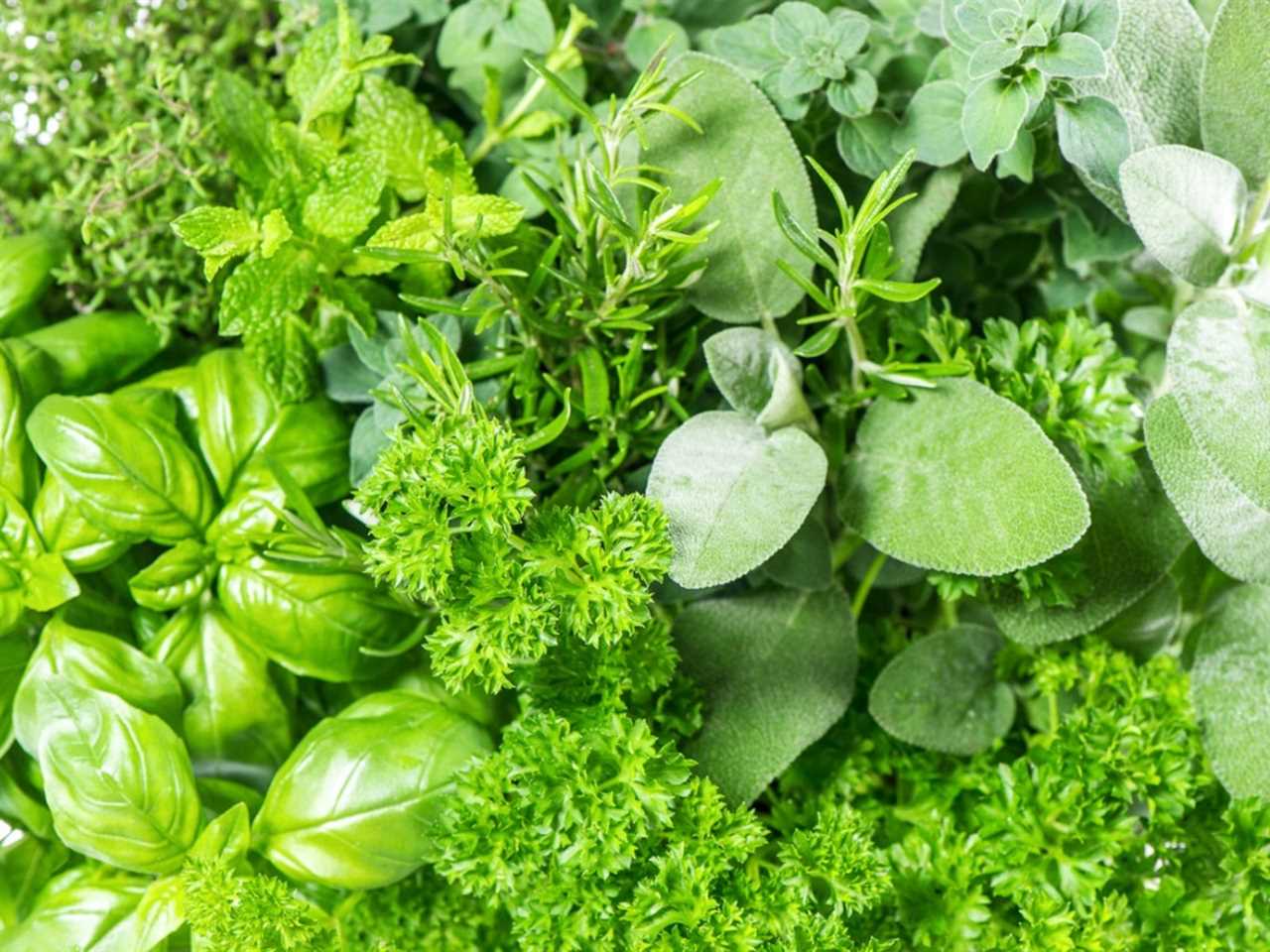 |
[TAG101]Like life, tea is what you make of it and The Cup of Life helps individuals enjoy tea in more than one way. Join me on my tea adventures through my blog! |
 |
[TAG102]Zinc is an important trace element that contributes to immune function, tissue repair, and gene synthesis. Since zinc is involved ... Read more |
 |
[TAG103]Potassium is a mineral that plays a crucial role in maintaining overall health and wellness, especially for muscle and nerve ... Read more |
 |
[TAG104]It’s always exciting to hear about a little-known herb with powerful medicinal action. Join this conversation about ground ivy with Val Alcorn! |
 |
[TAG105]Join me and my friend and herbalist jim mcdonald as we discuss the benefits of calamus root, including clearing away mental cobwebs and enhancing your focus. |
 |
[TAG106]Join me in this episode all about cottonwood and find out why it has been used as medicine and to make a variety of tools for thousansa of years! |
 |
[TAG107]It was an honor and a deep pleasure to have this informative conversation about calamus root benefits with Karyn Sanders. Join us in this new episode! |
 |
[TAG108]Let's sit down and discuss dandelion with herbalist and author, Nancy Phillips |
 |
[TAG109]Elderberry syrup is immune enhancing and protective against colds and flu. It’s one of my favorite natural remedies for avoiding or beating the flu. These flu |
 |
[TAG110]Feeling anxiety and stress lately? Are you feeling frustrated and wish you could just find a way to relax? Do you find that your heart is usually beating |
 |
[TAG111]This tea really works! You can literally feel your sinuses opening up. It’s an immune booster so even if you’re not sick drink this when others around you are |
 |
[TAG112]Bitters are a drink you sip before a meal to aid in healthy digestion. Traditional diets contained bitter foods because of their digestive action. The bitter |
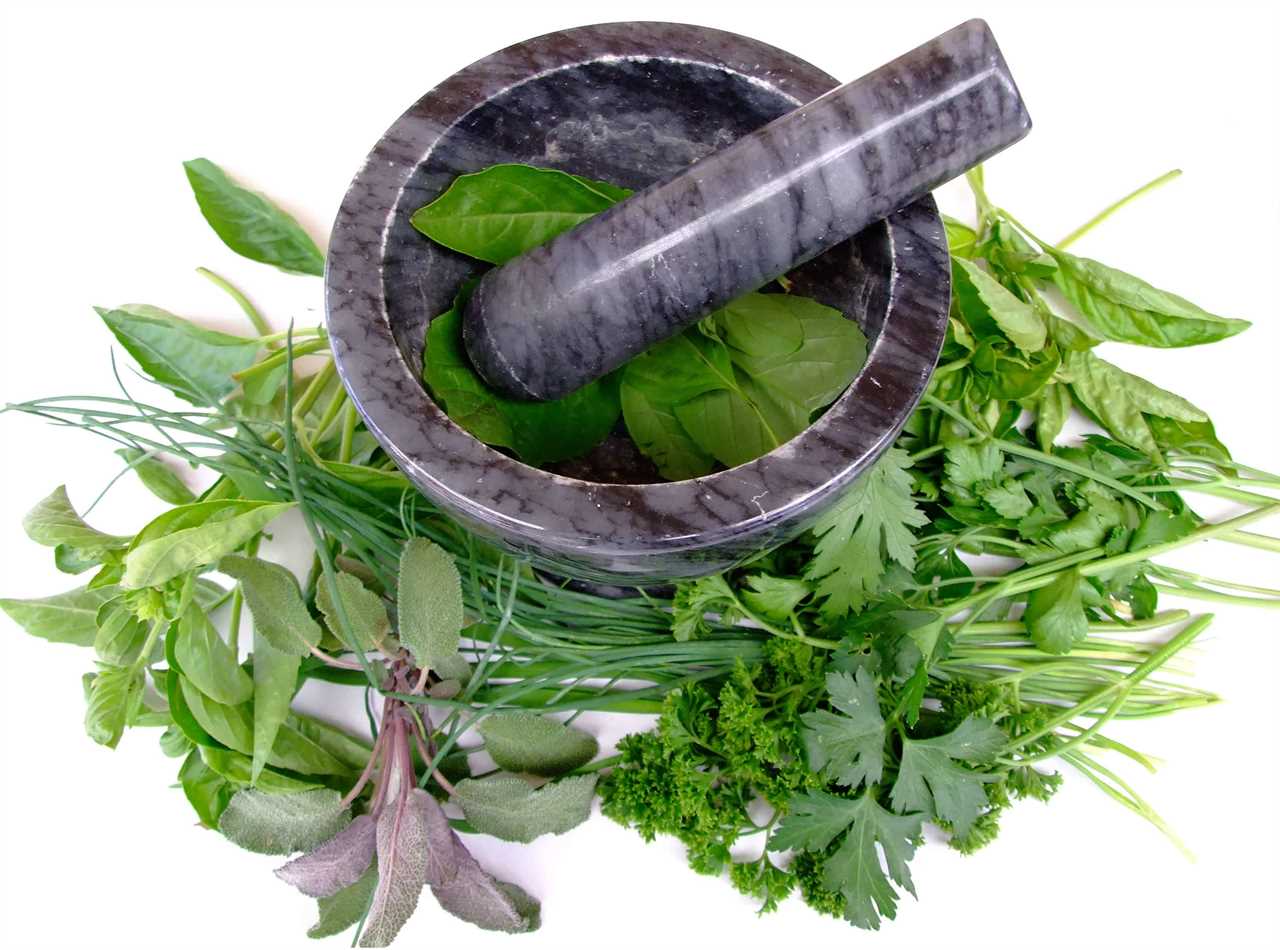 |
[TAG113]A tea assessment platform that rates teas based on objective quality markers and a sensory evaluation resulting in a list of the best teas produced each year. |
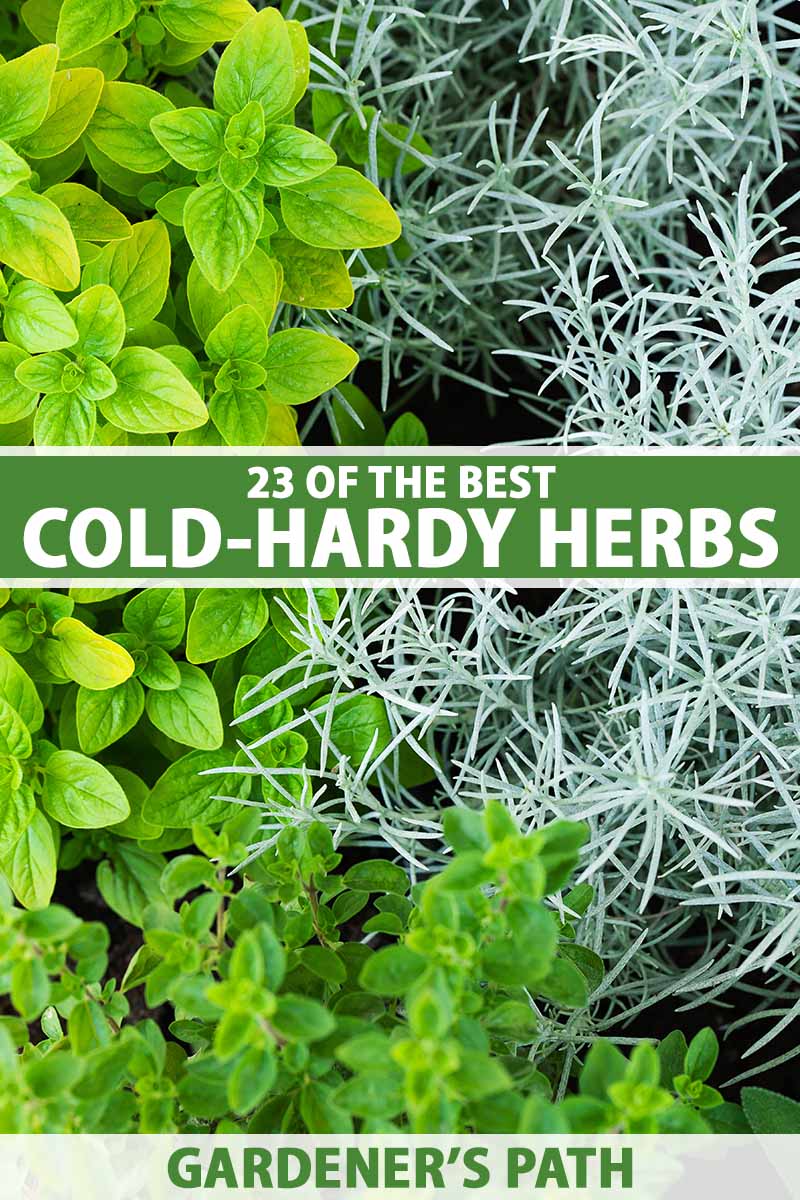 |
[TAG114]Motherwort (Leonurus cardiaca) is found growing in the wild in vacant lots and gardens. It’s easy to spot as motherwort grows to a height of 5 feet and has |
.png)





